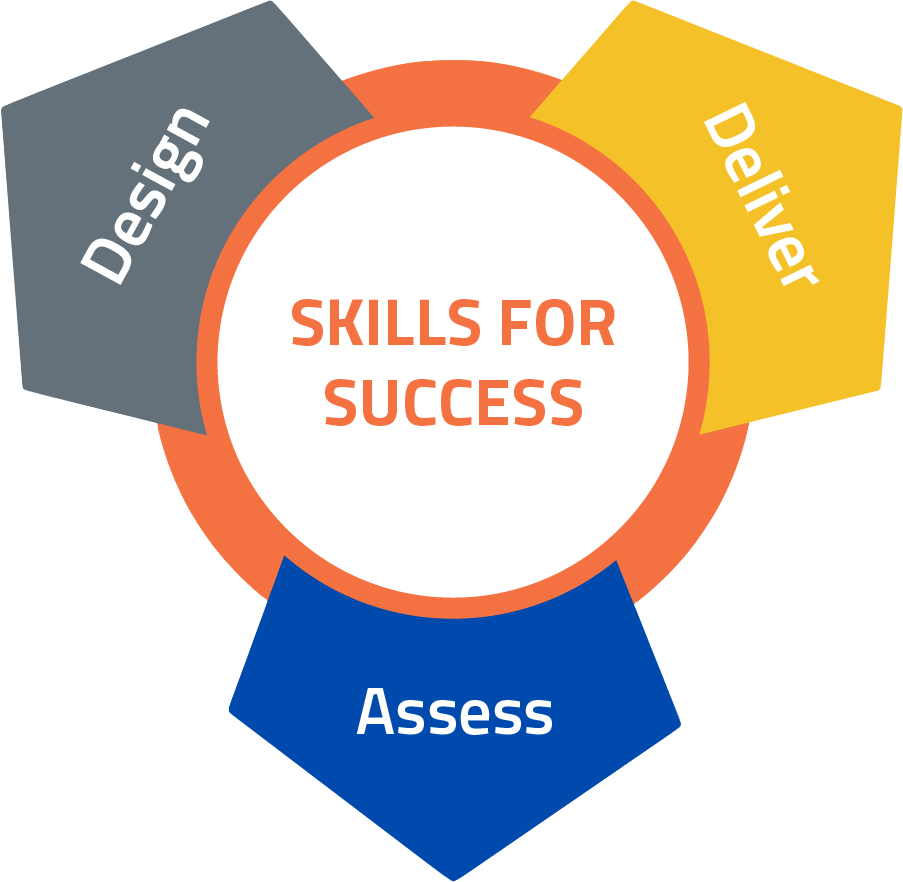The relationship between Skills for Success and social and economic outcomes is that higher levels of skills leads to increases in GDP, productivity, health outcomes and more.
- OECD and HRSDC (1997). Literacy skills for the knowledge society: Further results of the International adult literacy survey https://eric.ed.gov/?id=ED465012 (login required).
- McCracken, M and Murray, T.S (2007) The economic Benefits of Literacy, CLLRN, Ottawa
- Murray, TS, Shillington, R and Glickman, V. (2009). Literacy, health literacy and health: Understanding the links, PHAC, Ottawa
- Lange, J and Murray, T.S. (2018). Literacy Lost: Canada’s Basic Skills Shortfall: http://www.dataangel.ca/docs/CWF_LiteracyLost_December2018.pdf
